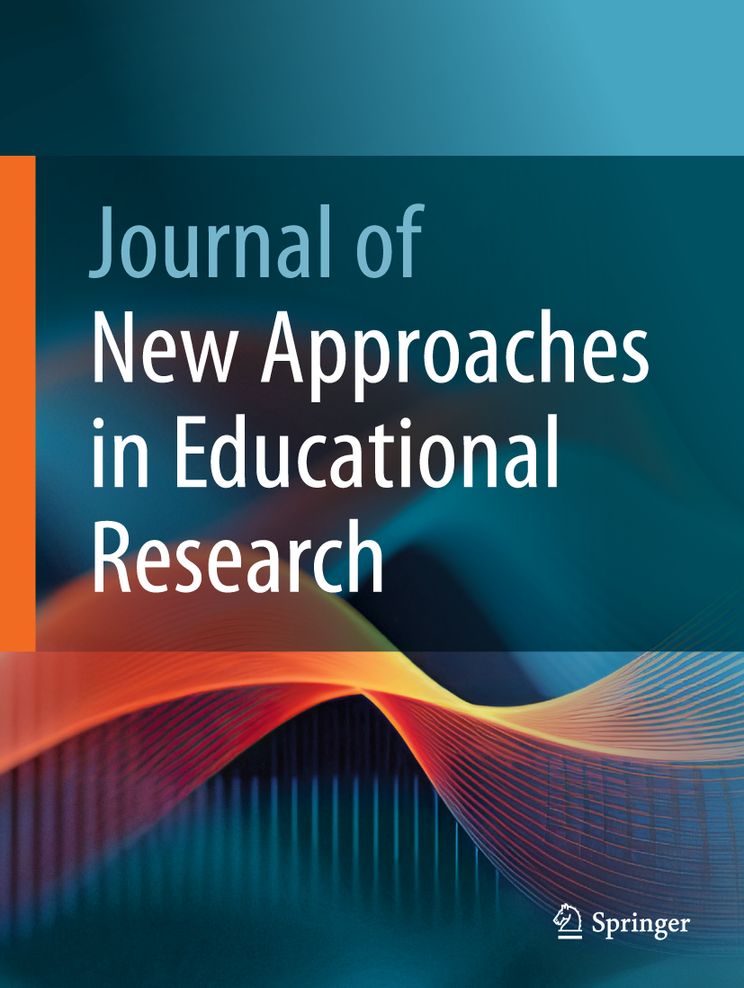Dr Nicola Byrom
@nicolabyrom.bsky.social
440 followers
760 following
91 posts
Mum to 2 tiny super stars | Reader King’s College London (IoPPN) | Founder Student Minds| Leader SMaRTeN, UNISMaRT & UBelong | students and public mental health
Posts
Media
Videos
Starter Packs
Dr Nicola Byrom
@nicolabyrom.bsky.social
· Sep 16

Improving reporting standards in quantitative educational intervention research: introducing the CLOSER and CIDER checklists - Journal of New Approaches in Educational Research
In educational research, the complexity of interventions and the diversity of contexts challenge the adequacy of existing reporting standards, primarily tailored for health interventions and…
link.springer.com
Dr Nicola Byrom
@nicolabyrom.bsky.social
· Aug 20

Frontiers | Student perspectives on their digital footprint in virtual learning environments
The prevalence of mental distress among young adults, including those at university, has increased. In this context, learning analytics, students’ digital tr...
www.frontiersin.org
Dr Nicola Byrom
@nicolabyrom.bsky.social
· Aug 13

Their wellbeing affects our wellbeing: student perspectives of lecturer wellbeing and its consequences for student wellbeing - Higher Education
A “whole university approach” has been recommended for addressing concerns about the wellbeing of UK university lecturers and students. Previously, staff wellbeing has been explored from staff…
link.springer.com
Dr Nicola Byrom
@nicolabyrom.bsky.social
· Jul 24
Dr Nicola Byrom
@nicolabyrom.bsky.social
· Jul 24
Dr Nicola Byrom
@nicolabyrom.bsky.social
· Jun 23

Their wellbeing affects our wellbeing: student perspectives of lecturer wellbeing and its consequences for student wellbeing - Higher Education
A “whole university approach” has been recommended for addressing concerns about the wellbeing of UK university lecturers and students. Previously, staff wellbeing has been explored from staff…
link.springer.com
Dr Nicola Byrom
@nicolabyrom.bsky.social
· Jun 14
Dr Nicola Byrom
@nicolabyrom.bsky.social
· Jun 14
Dr Nicola Byrom
@nicolabyrom.bsky.social
· Jun 14
Dr Nicola Byrom
@nicolabyrom.bsky.social
· Jun 14








